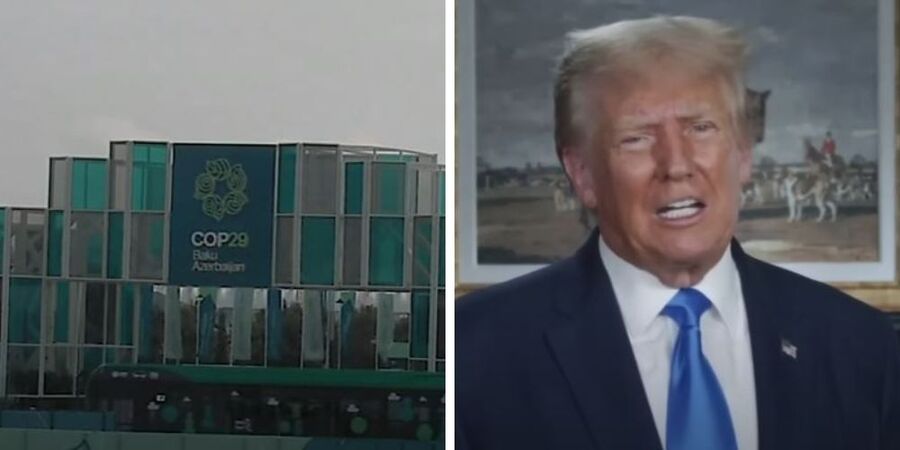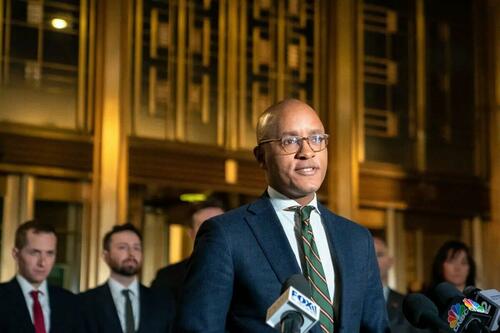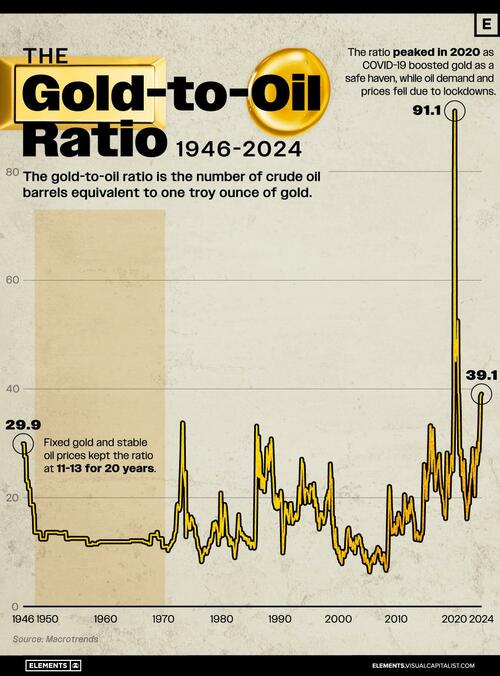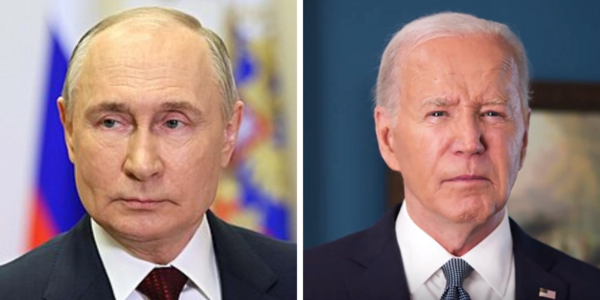
World leaders at the United Nations climate summit are concerned about how President-elect Donald Trump’s second term might impact global climate change initiatives, as the US and other countries sought to reassure participants that their commitment to combating climate change remains steadfast.
The summit, held this week in Azerbaijan, highlighted global apprehension due to Trump’s promises to distance the US from international climate agreements, like the Paris Climate Accord, and reduce climate legislation spearheaded by President Joe Biden. Compared to 2016, when Trump’s victory came as a surprise, many delegates this time seemed braced for potential policy reversals.
Canada’s former climate minister, Catherine McKenna, remarked, “We have seen this story,” referring to Trump’s past withdrawal from climate commitments when he took office for his first term. Similarly, Biden’s climate envoy, John Podesta, emphasized the enduring commitment of the US to tackle climate change regardless of Trump’s presidency, saying, “Facts are still facts. Science is still science.”
“The fight is bigger than one election, one political cycle in one country,” Podesta told reporters.
Trump, who has pushed for expanded fossil fuel production to bolster economic growth, has consistently clashed with climate activists over his energy policies. A representative for Trump’s transition team highlighted his campaign mandate to implement energy independence strategies.
According to Politico, Karoline Leavitt, spokesperson for Trump’s transition team, said in an email that, “The American people re-elected President Trump by a resounding margin giving him a mandate to implement the promises he made on the campaign trail.”
An anonymous UK government official also told Politico, “The one thing they can argue is Trump pulled out of Paris first time around — and look where we are now. A lot is riding on whether Republicans see the value of IRA investments in their states.”
During his first term, Trump withdrew the US from the Paris Climate Accord as Republicans criticized it for allowing countries to set their own nonbinding targets with minimal enforcement mechanisms. The GOP argued it would disproportionately harm the US economy while letting other nations, such as China, gain a competitive advantage. Biden’s administration later rejoined the accord, but with Trump set to reassume office, questions arise about a potential shift away from international commitments and what it means for global climate cooperation.
Despite vocal concerns by other leaders, it appears that European leaders are planning to rely on the US to increase its energy supply. Immediately after Trump’s electoral victory, EU President Ursula von der Leyen revealed she told the President-elect that the bloc would be willing to purchase more US liquified natural gas to decrease dependence on Russian energy.
This Story originally came from humanevents.com









